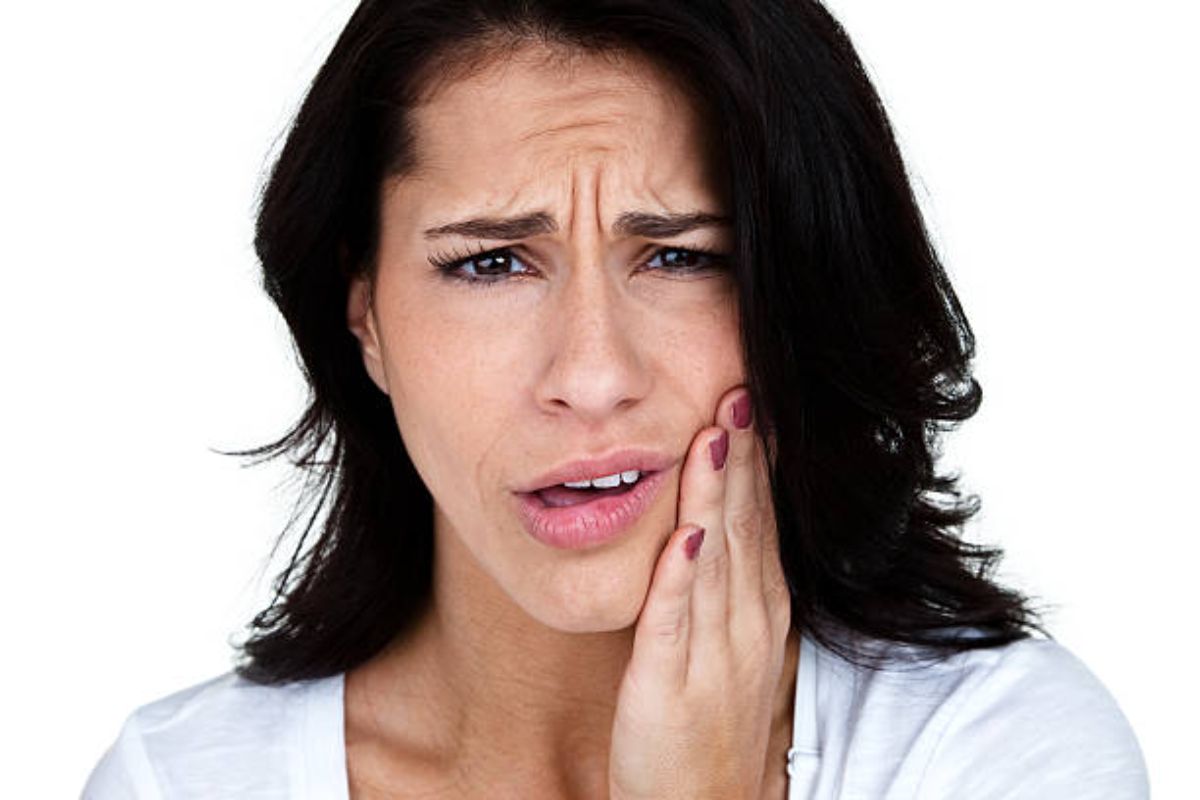It’s happened to all of us after a long night of what was meant to be restful sleep: we wake up with bags under our eyes and the weight of the coming day looming over us. You need sleep, and yet you’re having a hard time finding rest when you lay down at night. What’s even worse is waking up tired and feeling pain.
More often than not, if you wake up feeling exhausted with a gnawing pain in your jaw or head, you may suffer from sleep apnea or Temporomandibular Joint Disorder. These issues can cause a lot of pain and headache during your lifetime, but the team at Kottemann Orthodontics wants you to know that restful sleep is on the way! Orthodontic treatment is a great way to relieve your sleep apnea and TMJ symptoms for good by solving the underlying issues behind the disorders. Keep scrolling to learn more!
What Is Sleep Apnea?
Sleep is important for your physical health, as it allows your body to rest and recalibrate after a long day. Although scientists are puzzled by the reason why we need so much sleep as humans, there is a definite consensus that the average adult needs between seven and nine hours of sleep per night. When you wake up feeling tired even after sleeping the recommended number of hours, sleep apnea might be the reason.
Sleep apnea is a condition that causes breathing problems during sleep. Your breathing might start and stop without your control throughout the night. If you’re a chronic snorer (or if your partner tells you that you are), you’re likely dealing with this disorder.
Other symptoms include:
- Dry mouth upon waking
- Gasping for air while asleep
- Difficulty staying asleep or waking up
- Snoring
Causes of Sleep Apnea
During sleep, your mouth and jaw muscles relax along with the rest of your body. When you sleep on your back, however, your jawbone slides backward which narrows your throat and makes it harder to breathe throughout the night.
If you have a bad bite, this problem can get much worse and more serious. Overbites, underbites, crossbites, and open bites can all cause sleep apnea. Fortunately, that means orthodontic treatment from Kottemann Orthodontics can help!
What Is Temporomandibular Joint Disorder (TMJ)?
Your temporomandibular joint sits on both sides of your face and works to connect your jawbone to your skull. These joints are extremely important for helping you speak and chew, but they can also cause a lot of issues for people suffering from bad bites or malocclusions. When they become inflamed, they can cause headaches, earaches, facial pain, and jaw pain. TMJ can even make it uncomfortable or difficult to sleep.
Symptoms include:
- Jaw pain
- Neck/shoulder pain
- Earaches
- Headaches
- Clicking or popping sounds when chewing
- Tooth pain
Causes of TMJ
There are several potential causes of TMJ, including grinding your teeth (an orthodontic condition called bruxism), arthritis, stress, and a bad bite. Each of these conditions places excess pressure and strain on your jaw, which in turn puts pressure on the temporomandibular joint.
Many people grind their teeth in their sleep without knowing they’re doing it. The resulting TMJ can make it more difficult and even painful to sleep, so it’s important to talk to your orthodontist as soon as possible about your symptoms.

How Kottemann Orthodontics Can Help
Our doctors are skilled professionals trained to help fix issues like sleep apnea and TMJ. We offer several different treatments to fix your bad bite so you can sleep peacefully through the night.
Invisalign: This treatment option uses a series of clear plastic trays that gradually shift your bite back in shape. Rather than using the bulky brackets and wires of traditional braces, Invisalign straightens your teeth almost invisibly, so you can enjoy the perks of a beautiful grin even while undergoing treatment. Invisalign is an excellent option for patients with mild to moderate orthodontic issues, and treatment can take as little as six months to complete.
Metal Braces: Metal braces are our most popular treatment method, and they’re probably the first method that comes to mind when you think about orthodontics. Metal braces are a heavy-duty method for fixing moderate to severe orthodontic issues like bad bites that cause TMJ or sleep apnea. Traditional braces straighten your smile over 12-36 months using a system of brackets and wires.
Clear Braces: Like metal braces, clear braces use brackets and wires to align your smile. However, unlike traditional braces, clear braces use white ceramic brackets that blend in with the natural color of your teeth for a less noticeable treatment. Clear braces are an excellent option for patients who want a more discreet treatment plan with the same strength as metal braces.
Rapid Palate Expander: An RPE can help provide more space for airflow in your mouth, reducing or even eliminating your sleep apnea symptoms. This device fits at the roof of your mouth and widens the palate over a short period of time. Typically, this is a good option for younger patients whose mouths are still growing.
Orthodontic Night Guard: Our team at Kottemann Orthodontics might recommend an orthodontic night guard to help reduce pressure on your jaw while you sleep. By putting this personalized guard on each night before bed, your teeth will stay separated and make sleep much more comfortable.

Rediscover A Good Night’s Rest With Kottemann Orthodontics
If sleep apnea or TMJ are keeping you up at night, it’s time to visit our team at Kottemann Orthodontics. With locations in Chaska, Maple Grove, Orono, and Plymouth, your sleep relief is just around the corner.
Ready to get started? Schedule your free consultation today!
